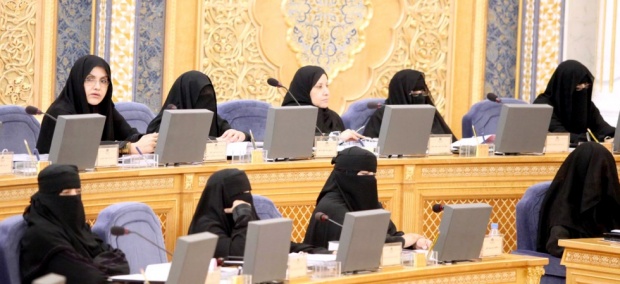Although Saudi women were permitted to vote and run for political positions in December 2015, the government has required the 17 women who gained elected seats in municipal councils (out of 978 candidates) to sit in separate rooms and only communicate electronically with their male counterparts. This move upset women activists, but government ministers quickly quashed any resistance to the new policy. Similarly, the 30 women who King Abdullah appointed to the Shura Council in 2013 must the building and sit separately from the men. Saudi Arabia’s grand mufti deemed women’s entrance into politics as “opening the door to evil.”
Other obstacles to basic women’s rights remain in Saudi society. Women cannot seek a divorce, and they remain under the , under which men control their movement and education. Still, Saudi women disagree over what exactly the pace of change for women in their country should be. Some feel it should not come too fast for fear of a backlash. Economics and education, however, have been two fields in which change has come about of its own accord. More women than men study in universities, and largely for economic reasons, men are becoming to the idea of a working wife. Whether or not the government introduced substantive reforms related to women’s rights, change may take place from within the system.
Margaret Bailey is an Advocacy Intern at ADHRB.





